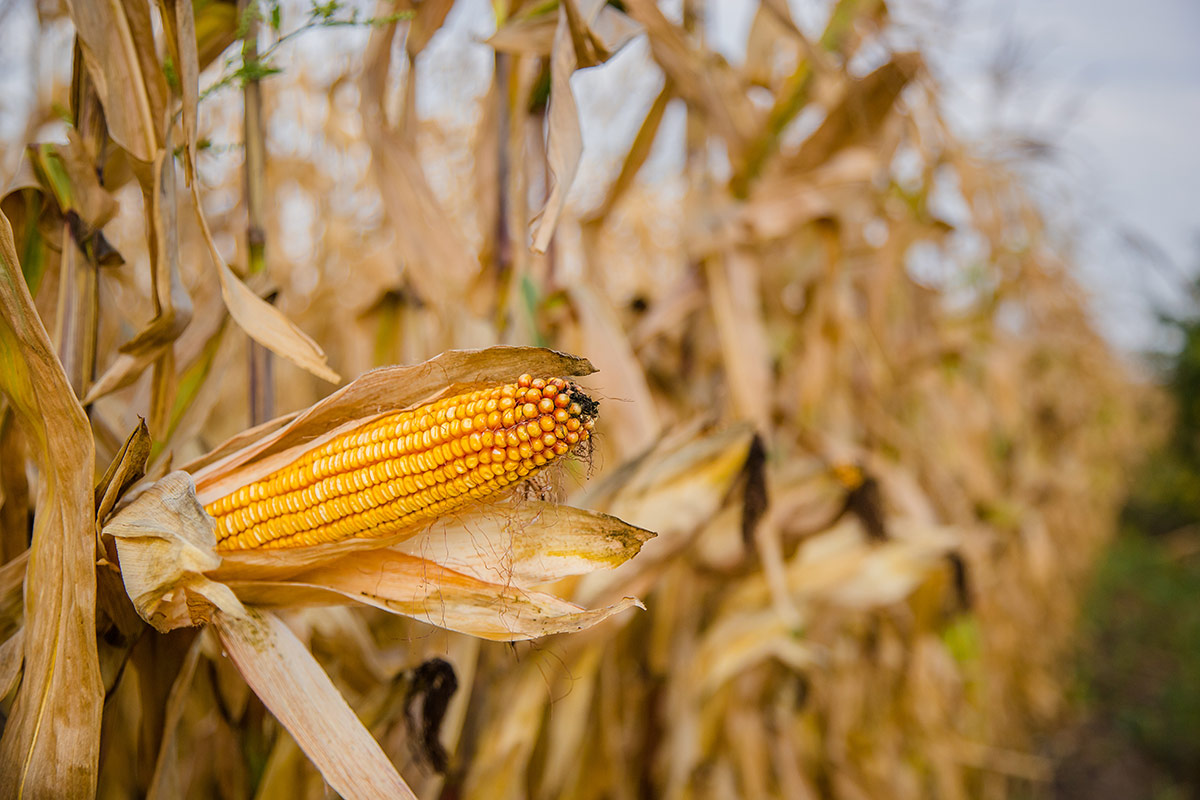On October 15th, 2024, the European Patent Office (EPO) rejected an opposition against a patent held by the company, KWS, on cold-tolerant maize (EP 3380618). The international coalition of No Patents on Seeds! filed the opposition because patents on conventionally-bred plants and plant varieties are not permitted in Europe.
123RF Limited©liubovya
In its decision, the EPO invoked a controversial clause which states that the prohibition is only applicable to patent applications filed after 1 July 2017. KWS filed its application in 2016.
Christoph Then, who also took part in the hearing, considers this interpretation of the law to be arbitrary and incorrect: “The ban on patenting plants and plant varieties goes back long before 2017. In 1995, the Board of Appeal at the EPO confirmed this prohibition. Since then, the laws have only been changed to allow patents on genetic engineering processes used in the production of plants. However, patents on conventionally-bred plants never were permitted.”
Furthermore, maize was actually developed using conventional breeding. The relevant genetic traits were discovered in plants that have been widely used for breeding in the past. Until now, breeders could freely use these varieties to develop new, improved varieties.
In Europe, the so-called breeders’ privilege guarantees unrestricted access to breeding material needed by conventional breeders
The Dutch company, Nordic Maize Breeding, is amongst those that could be directly affected by the patent
The company has focused for many years on both conventional agriculture and organic farming. It breeds, in particular, maize varieties that are suitable for cultivation in regions with a short growing season and enable crop rotation.
Grietje Raaphorst-Travaille from Nordic Maize Breeding, who also took part in the hearing, warns about huge legal uncertainties: “Presumably these plants had already been used in breeding for years before the patent application was filed. Now it seems unclear whether plants with these genetic traits can be used in future breeding. We cannot even search our varieties for the specific gene sequences, as even the relevant detection methods have been patented. Such patents can pull the rug out from under conventional breeding.”
There is a threat that plant breeding could be extensively blocked due to a steadily increasing number of patent applications being filed. Against this backdrop, the No Patents on Seeds! alliance plans to lodge an appeal against today’s decision and is calling on politicians to take action.
“It is extremely important that the European institutions consistently implement the ban on patenting conventionally-bred seeds. The countries of the Global South often base their own legislation on the European model. It is essential that breeders and farmers retain unrestricted access to genetic material in plants to ensure food security, food sovereignty and the economic development prospects of regional plant breeding and agriculture in the countries of the South,” says Nout van der Vaart from the development organisation, Oxam Novib, which is part of the international coalition of No Patents on Seeds!.
More information available at www.no-patents-on-seeds.org
The article Opposition against patent on maize rejected: far-reaching monopoly claims on conventional breeding upheld appeared first on Bio Eco Actual.






